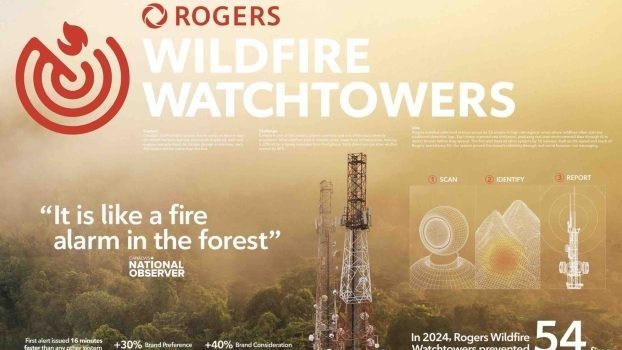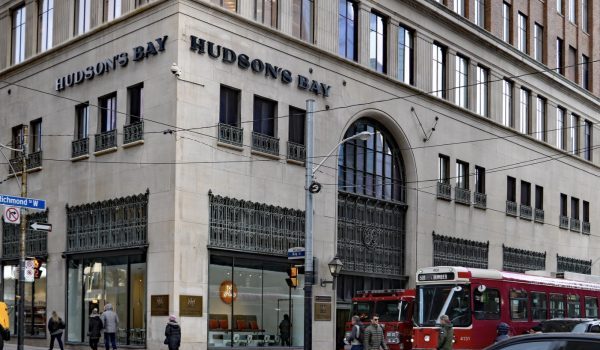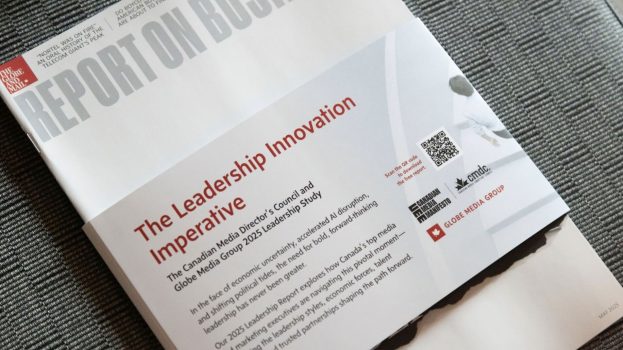Business Week, in collaboration with Interbrand, has recently published its second annual list of the world’s top 100 brands. The criteria for evaluation were developed by Interbrand, long known for its pioneering work in brand valuation, or what might be called brand accounting.
When viewed as an index of both business and culture, the list makes for fascinating study. For instance, if the top 10 brands echoed the attributes of a single person, we might be looking at a Marlboro-smoking, Coke-swilling, software engineering executive who works late and drives his Mercedes to get dinner at the McDonald’s drive-through on the way home, where he’ll chill by leafing through some Disney travel brochures as the GE sub-zero purrs gently in the kitchen behind him.
Well, maybe not. In truth, Businessweek’s description of Interbrand’s methodology is sketchy, but if we are willing to accept it as a valid index, it raises some interesting questions. The list includes, in rank order, Coke, Microsoft, IBM, GE, Intel, Nokia, Disney, McDonald’s, Marlboro and Mercedes.
The most striking thing about the top 10 is that four are technology companies. Given the tech wreck we’ve been in, what does that tell us?
Granted, these are the behemoths of the industry. In Microsoft’s case, we see the extent to which it has become an all-pervasive utility. It’s everywhere. It’s part of the central nervous system of both domestic and enterprise computing. And it continues to narrow the gap between its ubiquitous software and its growing Internet empire with ‘.net’, which will use the Internet to exchange and distribute data across different devices, platforms and applications via a universal language called XML.
And deals like the one it has inked with British Telecom and is discussing with Bell to bundle the MSN portal with their Internet services will make Microsoft even more pervasive.
For its part, IBM continues to morph into the world’s biggest consulting firm. In acquiring PwC Consulting, it pulled the giant out of its burning sector and brought it into the safety of the IBM halo. Renamed IBM Business Consulting Services, its 60,000-strong global team further bridges the gap between technology and the C-suite. With a share price of about $87, it not only leads the top ten (its nearest rival in this department is Microsoft, trading at $57) but is in the absolute stratosphere compared to other tech stocks. And its very healthy P/E of 25.5 is even better than Coke’s.
While not on the top 10 list, the biggest gainer in brand value this year was Samsung, moving from 64th to 34th place. The maker of consumer electronics, memory chips and wireless phones doubled its profits in the most recent quarter to $1.6 billion. The significance of this dramatic gain is all the greater when one realizes that a heavy investment in product design was a primary contributor to Samsung’s success with consumers of its high-end products.
So how are these technology companies, along with the likes of Intel and Nokia, topping the list? Could their projected brand earnings be partly based on an instinctive recognition of the fact that, despite its spectacular financial crash and burn, the Internet is here to stay and will in fact become integral to the workflow of every business, every home and every institution?
There are those who are convinced that Internet-related technology is about to enjoy a long build-out period, in much the same way as every major technology since the steam engine has done. Economic growth will result from companies, consumers and organizations adapting their environments to the new technology, and the new technology adapting itself to them by becoming easier to use.
Having been so recently burned, and finding it difficult to keep up with the pace of technological change, the tendency will be for customers to run with the tried and true. Hence, safety and size will determine the success of brands in this space until we have much more stability.
So if our taste for expensive cars, tobacco and fast food doesn’t kill us first, and we can hold on to our technology brand portfolios long enough, we might actually realize some consistent returns over the next several years.
Will Novosedlik is a Toronto-basedbrand strategist. He can be reached at novosedlik@hotmail.com.























